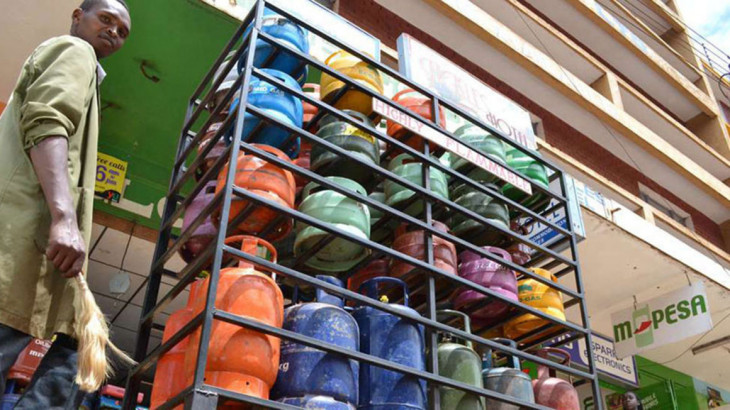State must watch over cost of LPG
By Editorial.Team, May 16, 2023The government’s move to end subsidies on kerosene has led to a Sh15.19 price hike per litre of the commodity mostly consumed by poor households.
In the latest price review by Energy and Petroleum Regulatory Authority, the move sets the stage for what will be higher pump prices, to pile more pressure on disposable incomes.
While this is part of strategies to push people away from the use of kerosene towards Liquefied petroleum gas (LPG), which is the preferred green energy for the government, concerns that more expensive kerosene may set the stage for a reversal of gains made in deepening the use of clean energy abound, hence the need for the government to be careful with the set of new tax policies around fuel.
Kerosene, which is commonly used as a fuel for cooking and lighting, in areas without access to electricity, is an important commodity in most rural and urban areas. A surge in the cost of kerosene may, therefore, decrease its usage as people opt for alternative energy sources like wood, charcoal, or agricultural waste. Already, the Kenya National Bureaus of Statistics shows that domestic demand for kerosene dropped by 20 per cent in 2022 on the back of increased prices across the year while the sale of fuelwood and charcoal increased by a whopping 47.6 per cent. This means the move will contribute to deforestation as trees are cut down for fuel, leading to habitat loss and biodiversity decline, making the move counterproductive.
The increased use of these biomass fuels indoors poses health risks, particularly for women and children who are exposed to high levels of smoke, increasing to the cost of healthcare.
The good news is that the new tax collected from the consumption of kerosene will be used to subsidise cooking gas cylinder prices.
The government must therefore ensure that it avails cheaper LPG countrywide despite ideas of supplying cheaper cooking gas to homes collapsing several times in the past due to corruption, lack of funds and poor-quality cylinders that were found to be a danger to households.
Coming at a time the Finance Bill 2023 proposes to finance Kenya Kwanza’s Sh3.64 trillion budget including proposals to increase VAT on petroleum products to 16 per cent from eight per cent, there is a need for policymakers to watch over the impact of these changes to the greater economy.
More Articles

